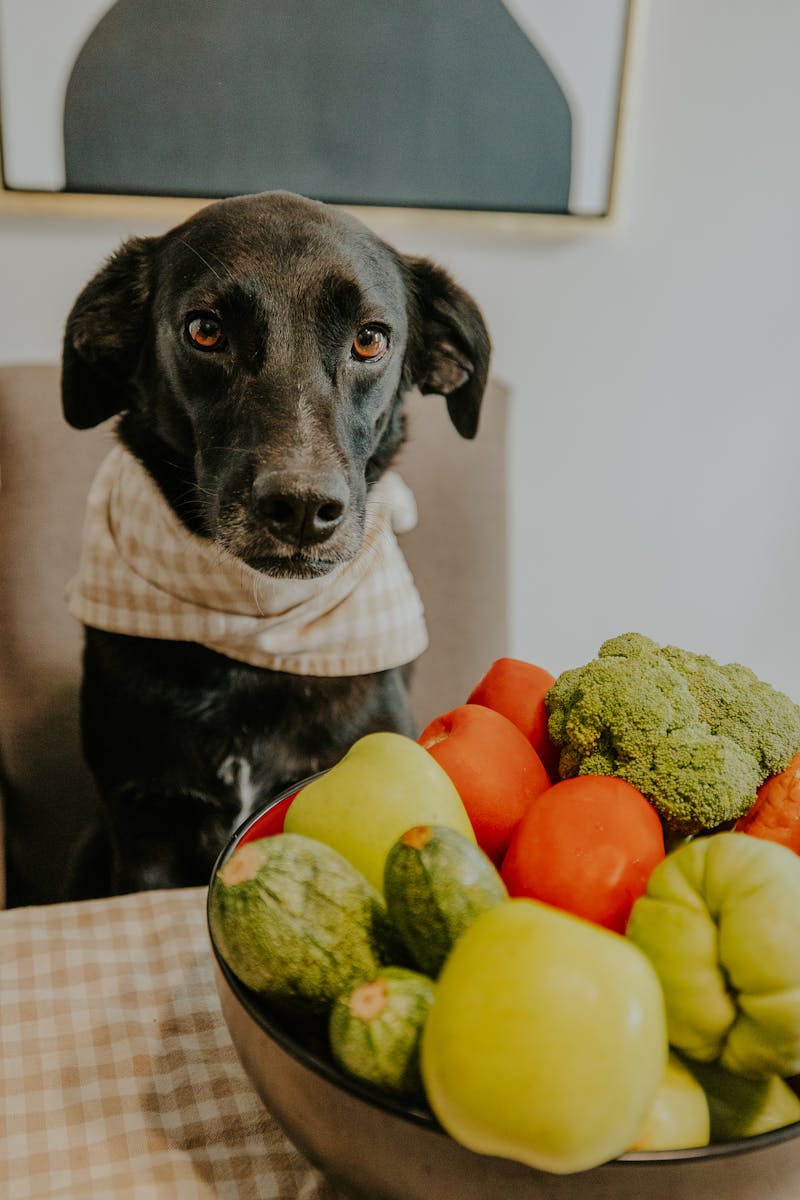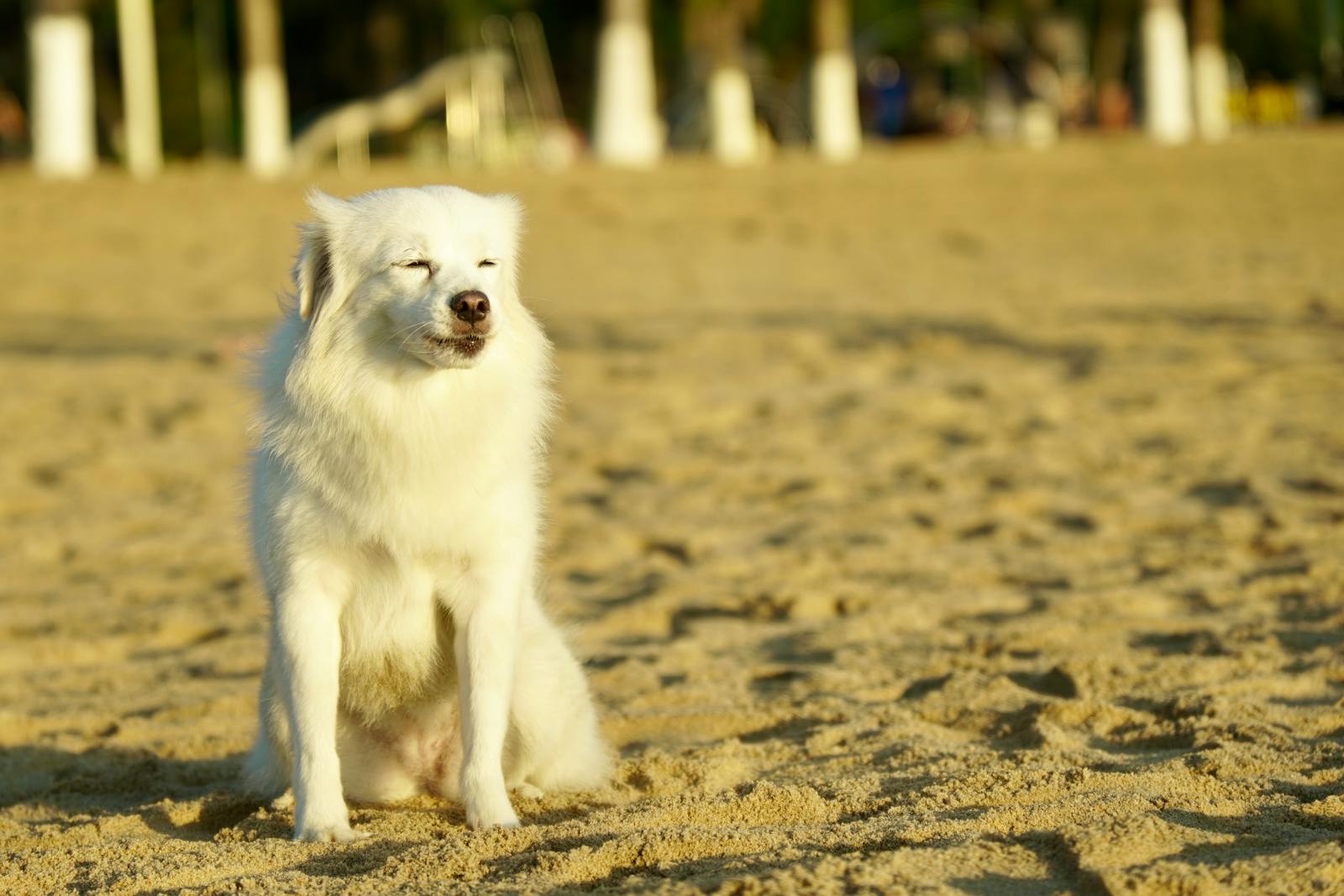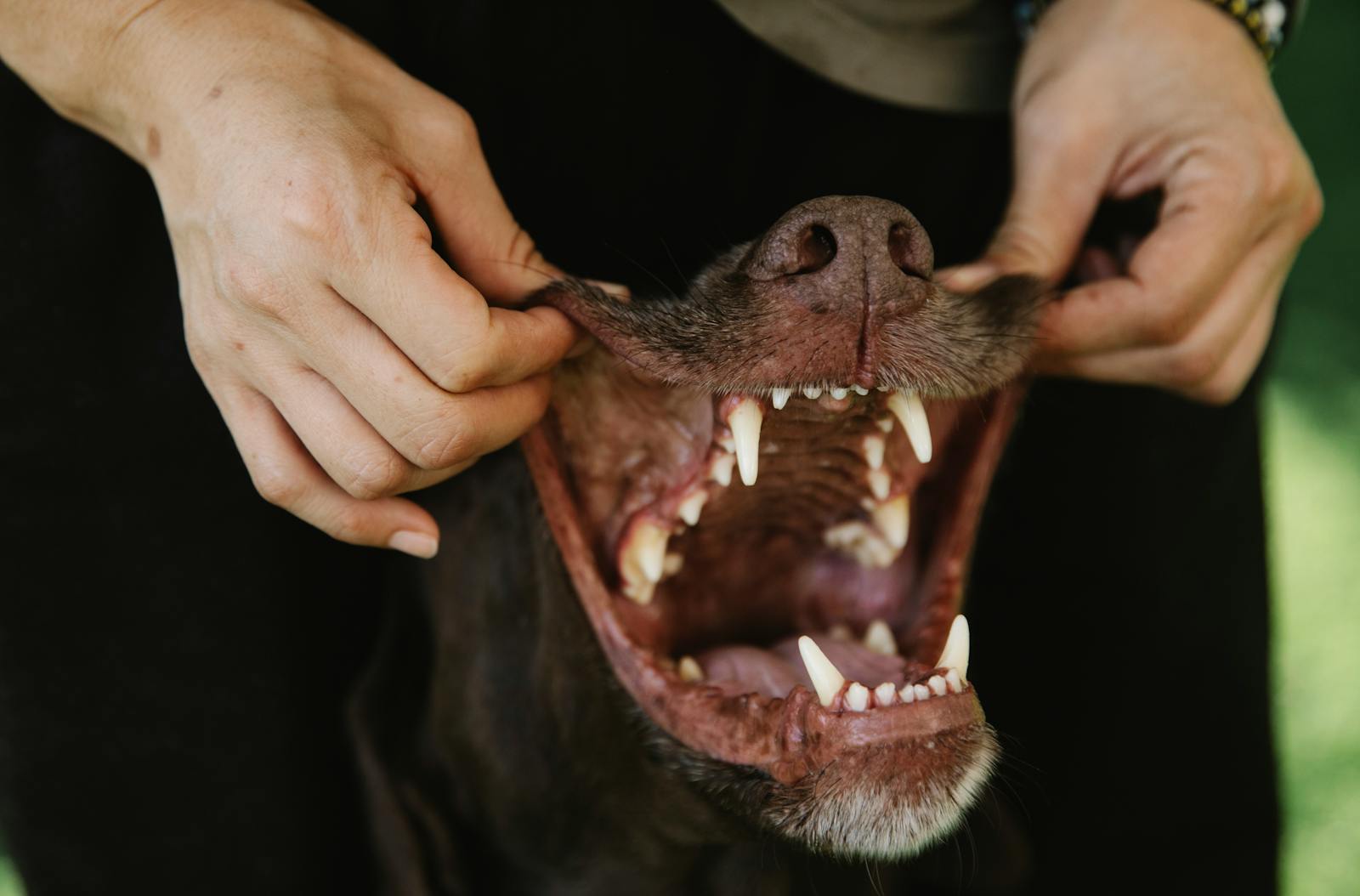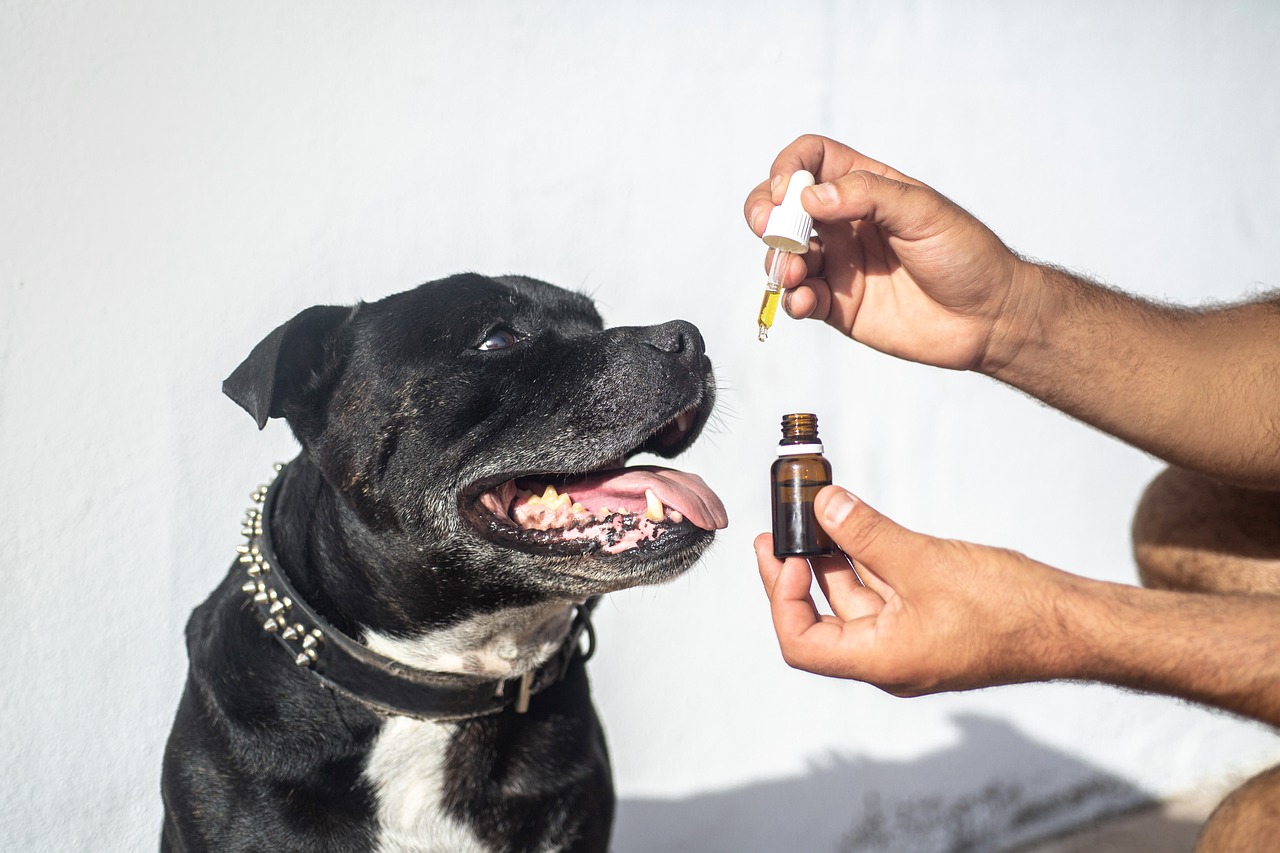Nutrition Advice Near The Truth About Grain-Free Diets: Are They Beneficial or Harmful?
Discover the Truth About Grain-Free Diets: Are They Beneficial or Harmful? Essential Nutrition Advice to Help You Decide on Grain-Free Diets and Their Impact on Your Health and Wellbeing.
Nutrition Advice Near You: The Truth About Grain-Free Diets – Are They Beneficial or Harmful?
If you’ve spent any time browsing pet food aisles or reading labels, chances are you’ve seen a surge in grain-free options. These diets are often marketed as healthier, more “natural,” and easier to digest—but are they truly beneficial for your pet, or could they be doing more harm than good?
At FetchQuest.info, we’re committed to helping pet parents make informed decisions about their pets’ nutrition. With new research and shifting recommendations, it’s important to separate fact from fiction when it comes to grain-free diets. Let’s dive into the truth behind this popular trend.
What Is a Grain-Free Diet?
A grain-free diet is exactly what it sounds like: pet food formulated without grains such as wheat, corn, rice, barley, or oats. Instead, these foods often use alternative carbohydrate sources like:
-
Potatoes
-
Sweet potatoes
-
Peas
-
Lentils
-
Chickpeas
The idea behind grain-free diets is that they mimic a more “ancestral” way of eating, supposedly closer to what a wild dog or cat might consume. However, domesticated pets have evolved alongside humans and their diets, and they have different nutritional needs.
Why Did Grain-Free Diets Become Popular?
The grain-free trend took off for several reasons:
-
Marketing appeal: Many brands promoted grain-free as more natural or premium.
-
Food allergies in pets: Some owners believed grains were causing allergies or sensitivities.
-
Human diet influence: As gluten-free and low-carb diets grew in popularity for people, they spilled over into pet nutrition trends.
But the truth is, grains are not inherently bad for most pets. In fact, whole grains can be an excellent source of energy, fiber, and essential nutrients.
What the Science Says
The biggest concern around grain-free diets began in 2018 when the FDA started investigating a possible link between grain-free diets and canine dilated cardiomyopathy (DCM)—a serious heart condition.
Many of the cases involved dogs eating grain-free foods that contained high levels of legumes like peas and lentils. While no definitive cause has been declared, the evidence raised red flags in the veterinary and pet nutrition communities.
Key points from ongoing research:
-
DCM has been reported in breeds not typically prone to the condition.
-
Many affected dogs were eating boutique or exotic grain-free diets.
-
It’s unclear if the issue lies in the absence of grains, the inclusion of certain ingredients, or a nutrient imbalance.
As the investigation continues, many vets now recommend avoiding grain-free diets unless there’s a specific medical need.
When Might Grain-Free Be Appropriate?
While grain-free isn’t necessary for most pets, there are exceptions. It may be beneficial in cases where a pet has:
-
A diagnosed grain allergy (which is rare)
-
Specific gastrointestinal issues that improve on alternative carb sources
-
A recommendation from a veterinary nutritionist
But for the average dog or cat, a balanced diet that includes whole grains is often just as healthy—if not more so.
Tips for Choosing the Right Diet
Not sure what’s best for your pet? Here are a few tips to help guide your decision:
-
✅ Consult your veterinarian before switching to a grain-free diet.
-
✅ Look for AAFCO-compliant foods to ensure complete and balanced nutrition.
-
✅ Avoid foods with vague ingredients like “meat meal” or artificial additives.
-
✅ Watch for ingredient splitting, where legumes or starches are listed in several forms to appear lower on the list.
-
✅ Feed for your pet’s life stage, activity level, and health condition—not trends.
Still unsure? Head over to FetchQuest.info where we break down diet comparisons, ingredient analyses, and vet-approved nutrition tips tailored to your pet’s unique needs.
Final Thoughts
Grain-free diets are not a one-size-fits-all solution. While they may be beneficial in rare cases, they are not inherently healthier for most pets—and could even pose risks if not properly formulated. As with any dietary decision, the best approach is personalized, science-backed, and based on your pet’s individual needs.
The truth is, what matters most isn’t whether a food is grain-free or grain-inclusive, but whether it provides complete, balanced, and high-quality nutrition.
For more insights and trusted pet nutrition advice, visit FetchQuest.info—your guide to smarter feeding choices for happier, healthier pets.
Keywords: nutrition advice, grain-free diets, benefits of grain-free, harmful effects of grain-free, healthy eating, grain-free diet truth, nutrition myths, balanced nutrition, whole foods, dietary guidelines, grain-free meal plans, nutrition and health, understanding nutrition, grain-free benefits, nutrition education, grain-free diet advice
news via inbox
Nulla turp dis cursus. Integer liberos euismod pretium faucibua





